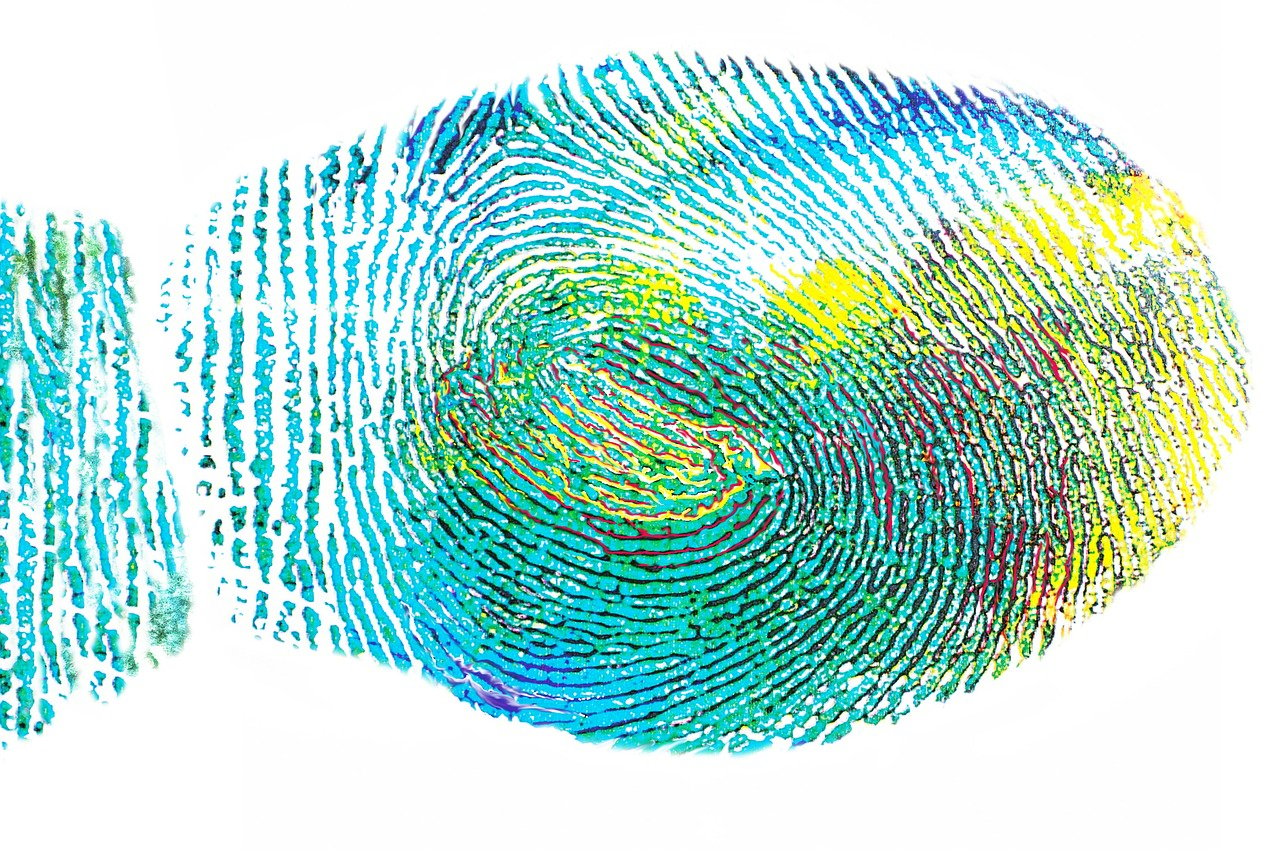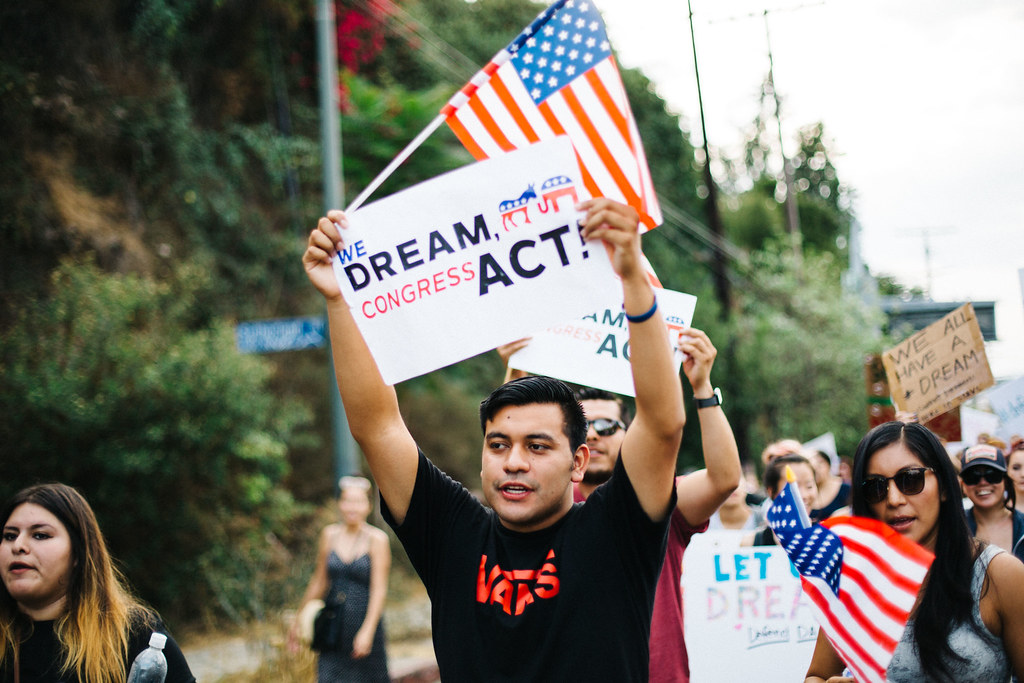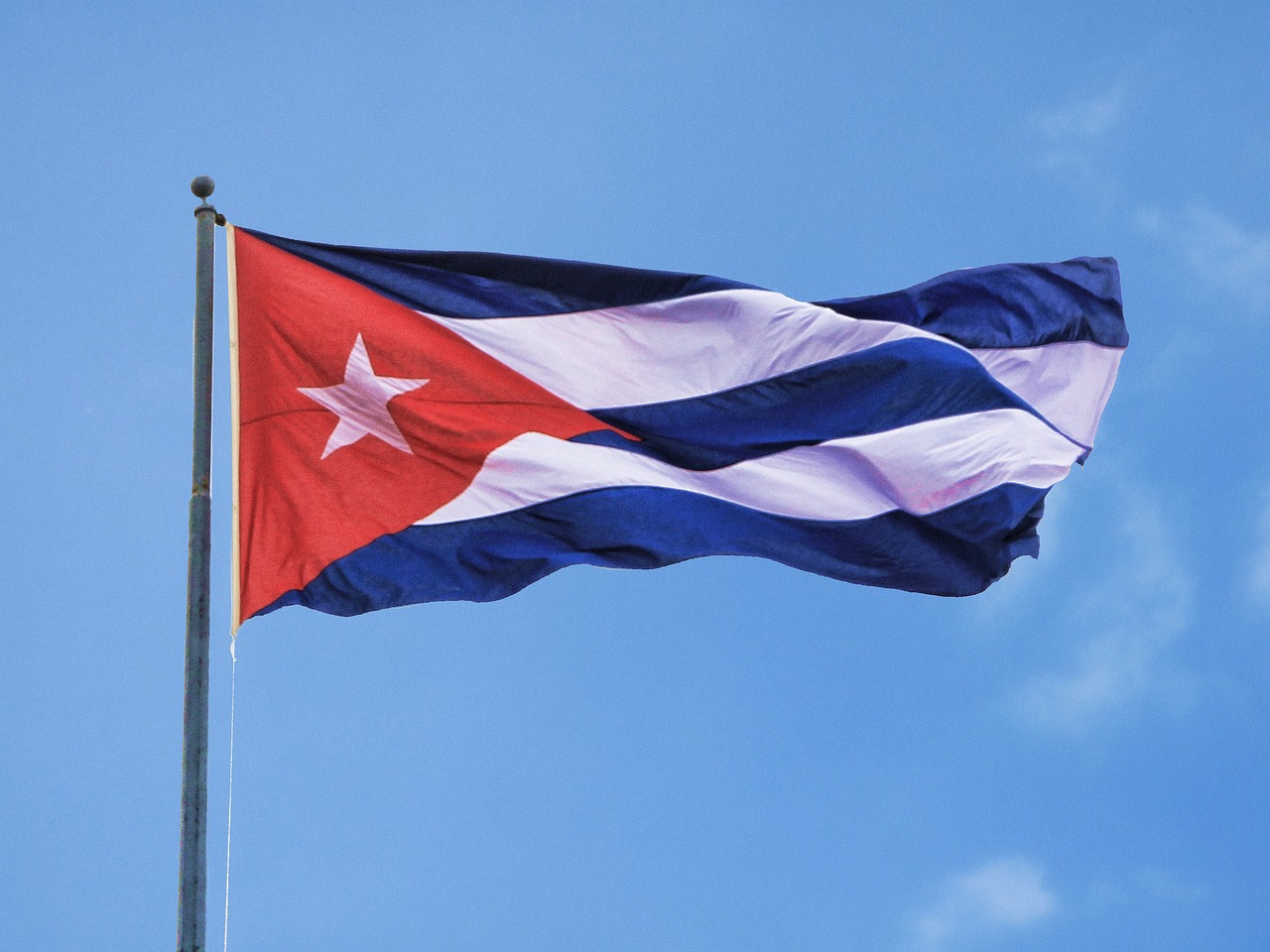It’s official. The U.S. Citizenship and Immigration Services (USCIS) has confirmed that it will be increasing the validity period of work permits also known as Employment Authorization Documents (EADS) to 5 years, for certain categories of noncitizens who are employment authorized incident to their immigration status and those who must apply for employment authorization including:
- Refugees
- Asylees
- Noncitizens paroled as Refugees
- Noncitizens granted Withholding of Removal
- Noncitizens with pending applications for Asylum or Withholding of Removal
- Noncitizens with pending applications for Adjustment of Status (green cards) under INA 245
- Noncitizens seeking Suspension of Deportation or Cancellation of Removal
Additionally, USCIS has released policy guidance clarifying that the Arrival/Departure Record (Form I-94) may be used as evidence of an alien’s status and employment authorization for certain EAD categories that are employment authorized incident to their immigration status or parole.
These changes can be found in the USCIS Policy Manual, and are also described in USCIS Policy Alert 2023-27 dated September 27, 2023.
What’s changed?
Previously, USCIS policy allowed for a maximum 2-year validity period of Employment Authorization Documents (EADs) for most categories of immigrants indicated above, and a maximum 1-year validity period for noncitizens paroled as refugees and those seeking suspension of deportation or cancellation of removal.
USCIS is now revising its guidelines to increase the maximum EAD validity period for these categories up to 5 years.
The purpose of increasing the validity period is to reduce the frequency in which noncitizens must file Form I-765 Application for Employment Authorization to renew their work permits (EADs).
 Visa Lawyer Blog
Visa Lawyer Blog











